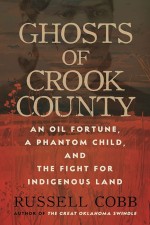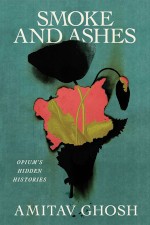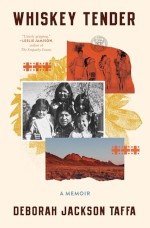
The Big Freeze: A Reporter’s Personal Journey into the World of Egg Freezing and the Quest to Control Our Fertility
Natalie Lampert (Ballantine)
Journalist Lampert provides an enlightening exploration of the pros and cons of freezing one’s eggs, told through her efforts to decide whether to undergo the procedure herself. Combining sharp reporting on visiting clinics and conferences with smart commentary on how the procedure intersects with societal expectations of women, this is essential reading.
Buy this book
PREVIOUS
LIST
NEXT



































































